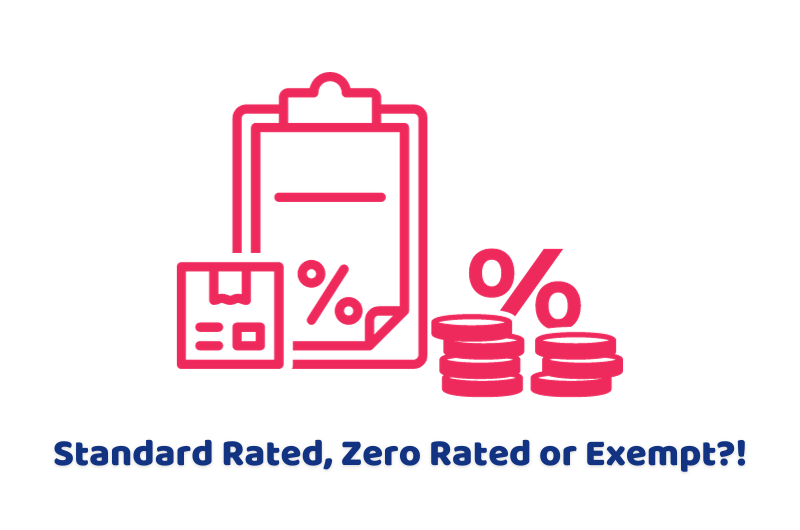For VAT legislation purposes, a new commercial property or civil engineering work can be partly constructed or up to three years old and still count as being new.
VAT Liability
Normally, the sale or leasing of commercial property is exempt from VAT unless the owner has opted to tax it. However, there is an exclusion from the exemption for new or partly completed commercial buildings and civil engineering works that removes them from the exemption so that they become subject to standard-rated VAT.
Standard rating does not just apply to the first sale but to any freehold sale within three years of completion. The only circumstances when the standard rating would not apply would be when the property could be zero-rated. Generally, this would only apply to the sale of a non-business charity building which can be zero-rated by certificate.
This is nothing to do with the option to tax. Therefore, there is no need for a developer to opt to tax a new commercial building or civil engineering work if it is intended to sell the freehold of the property. This means that input tax on the construction costs can be recovered in full.
Note that sale means a freehold sale. Do not confuse the sale of the freehold with the assignment of a lease at a premium! This is not standard-rated but exempt with the option to tax. If a business is going to grant a lease or rent a new commercial property or civil engineering work, it will need to opt to tax it if it wants to recover the input tax on its construction.
Over Three Years Old
Once a building is over three years old, the sale is exempt unless the option to tax has been exercised. A building is completed when the architect issues a certificate of practical completion of the building or, if earlier, when it is first fully occupied.
A civil engineering work is complete when an engineer issues a certificate of completion, or, if earlier, when it is first fully used (VATA 1994, Sch 9, Gp 1, Notes (2), (4) and (5)).
What is A Civil Engineering Work?
There is no definition of a civil engineering work in the VAT legislation. One might think that it would cover any structure which is not a building. However, in GKN Birwelco (MAN/82/74 No 1430), the tribunal suggested that the construction of an oil refinery was not a work of civil engineering.
In En-tout-cas Ltd ([1973] VATTR 101), the construction of a running track and a sports ground were held to be civil engineering works. Because of the degree of levelling, grading, and draining, the works were much more than landscaping. A similar conclusion was reached in St Aubyn’s School (Woodford Green) Trust Ltd (LON/82/260 No 1361), which concerned the conversion of an orchard into a playing field.
Where the land is primarily a new or partly completed civil engineering work, the freehold sale will be a single standard-rated supply. On the other hand, where the new or part-completed civil engineering works are only a minor element of the land, the supply is treated as a single exempt supply of land. An example of such a supply is the supply of a ‘serviced building plot’, where the vendor has installed the infrastructure for the provision of utilities (water, power, sewerage, etc.).
Practical Tip
If a business is selling new commercial buildings or civil engineering works, they are automatically standard-rated, but this only applies to the freehold sale. If a business intends to lease or rent the property, it will need to opt to tax if it wants to recover the VAT on construction costs.

